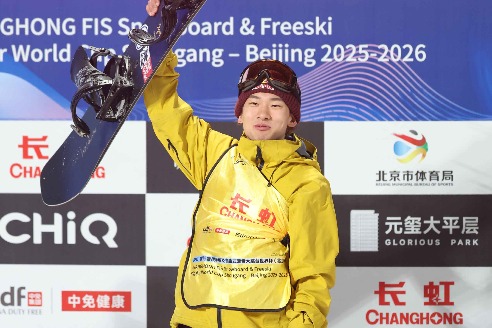Global treaty on plastic pollution proves elusive
By YANG HAN in Hong Kong | China Daily | Updated: 2024-12-04 10:19

Negotiators failed to reach an agreement on a legally binding global treaty to combat plastic pollution by the Sunday deadline, with divergence in critical areas remaining unresolved and a "chair's text" issued to continue discussions next year.
The fifth session of the Intergovernmental Negotiating Committee on Plastic Pollution, or INC-5, held from Nov 25 to Dec 1 in Busan, South Korea, was intended to conclude negotiations and finalize the treaty. It brought together more than 3,300 participants, including delegates from more than 170 countries and observers from nearly 450 organizations.
INC-5 builds on four earlier rounds of negotiations that followed a historic 2022 resolution at the resumed fifth session of the United Nations Environment Assembly, which set the goal of developing an international legally binding instrument on plastic pollution, including in the marine environment.
The Busan meeting has made "good progress" toward securing the deal the world demands, said Inger Andersen, executive director of the UN Environment Programme, in a media release issued on Monday.
"Through the Busan talks, negotiators have reached a greater degree of convergence on the structure and elements of the treaty text, as well as a better understanding of country positions and shared challenges," she said.
However, it is clear there is persistent divergence in critical areas, and more time is needed for these areas to be addressed, Andersen added.
As the fifth session was adjourned without producing a global treaty, countries agreed on a chair's text that will serve as the starting point for negotiations at next year's resumed session, dubbed INC-5.2.
However, there is little assurance that the next INC will succeed where INC-5 did not, according to environmental group Global Alliance for Incinerator Alternatives.
"We have a chair's text but it is all in brackets … so at INC-5.2, you could have the same problems again," Arpita Bhagat, the group's plastic policy officer for Asia-Pacific, told China Daily.
The meeting yielded some positive outcomes, with more than 100 countries advocating for global targets on plastic production cuts and a new dedicated fund to implement the treaty, said Bhagat, an attendee. However, a few countries blocked the discussions from proceeding, she added.
She expressed hope for a better negotiation process in future discussions and more access for civil societies to share their expertise.
Yao Zhe, global policy adviser for Greenpeace East Asia, said INC-5 was held amid "strong political headwinds". "It did not produce an agreement, but we already see over 100 countries committed to an ambitious treaty, and that gives us hope."
Highlighting the divisions over some fundamental and political issues of the treaty, Yao, also an attendee, stressed the need for high-level diplomatic engagement to address these issues and prevent future negotiations from stagnating.
She said China's decision matters in the plastics treaty negotiations. "China has the potential to provide an example of how to balance industrial competitiveness with environmental and public health protection, helping to shape a treaty that is both ambitious and pragmatic."
Zhou Guomei, director-general of the Department of International Cooperation at China's Ministry of Ecology and Environment, underscored China's commitment to combating plastic pollution in an interview with China Central Television following the Busan meeting.
China was among the first countries to adopt measures to control nonessential disposable plastic products, she said.
kelly@chinadailyapac.com
























